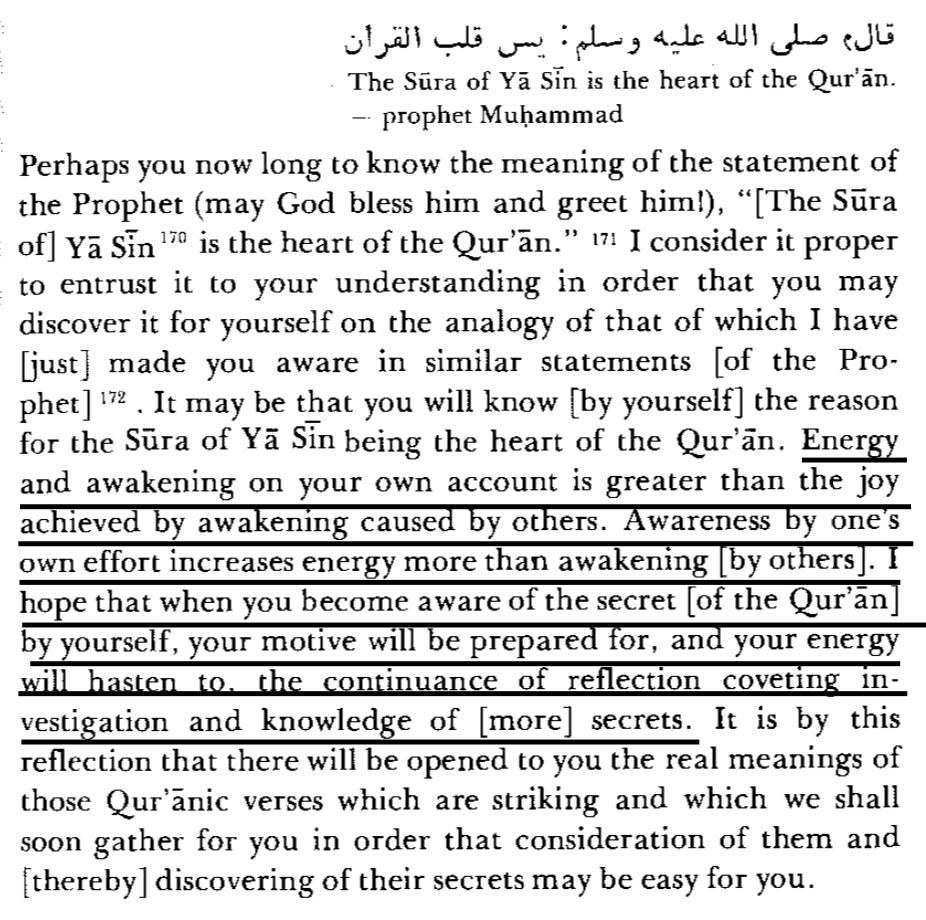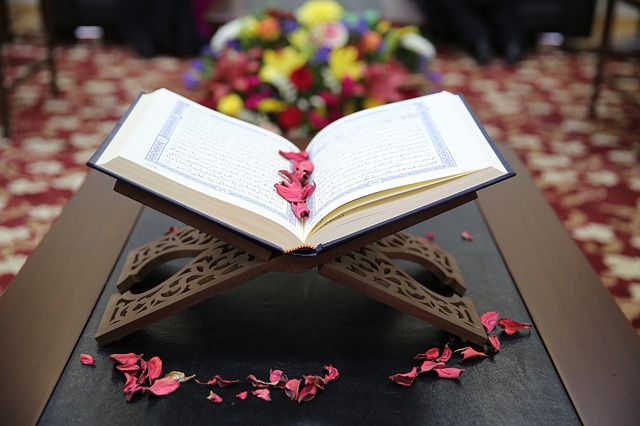
Khalifatul-Masih II (May Allah be pleased with him) writes how the Holy Qur’an should be recited:
1. The Holy Qur’an should be recited regularly and according to a set plan. Fix a portion for daily reading rather than picking up the Holy Qur’an once in a while and reading at random. Irregular reading does not yield any benefit. Whether you decide upon half a part for your daily reading, or a full part, or a few of them, the determined quota of reading must be recited daily without any laxity. The Holy Prophetsaw says, “Allah loves worship which is performed regularly and is never missed.”
Irregularity indicates lack of enthusiasm, and the heart cannot be purified without enthusiasm and true love. My personal experience confirms this point. Whenever I am very busy in writing a book or due to another engagement and cannot recite the Holy Qur’an, my heart feels anguish and other modes of worship are also adversely affected. In short the Holy Qur’an should be recited daily…
2. Try to understand what you are reading. The Holy Qur’an should not be recited hurriedly. Slow recitation will enable you to understand, and will also show proper respect for the Holy Qur’an.
An Ahmadi once asked what to do if one does not understand the meanings of the Holy Qur’an. Such people should learn the meanings of a portion of the Holy Qur’an and should include that portion in every recitation. You may ask: What is the benefit of reciting the parts which we do not understand? Remember that when something is done with sincerity and good intention, Allah definitely rewards it. If you recite for the sake of God without knowing the meanings, He will certainly bless you according to your sincerity. Moreover, the words have an influence. The Holy Prophetsaw has commanded that Adhan (call for formal Islamic Prayer) be recited in the ears of the newborn child. The child is unable to understand or recognize anything at that time, but it is influenced by the words of the Adhan.
3. As far as possible, perform ablution before recitation. I consider it permissible to recite the Holy Qur’an without ablution, but some scholars consider it undesirable. It is certainly more appropriate to perform ablution to obtain greater benefit and to earn higher reward.
Remembrance of Allah, Zikr-i-Ilahi, by Hadhrat Mirza Bashiruddin Mahmud Ahmad, Khalifatul-Masih II (May Allah be pleased with him)

Imam Ghazali r.h writes how one should get more motivation to study the Holy Qur’an:
Reflect on the Holy Qur’an on your own more than relying on other people’s understanding of it.


کلام حضرت ڈاکٹر میر محمد اسمٰعیلؓ

